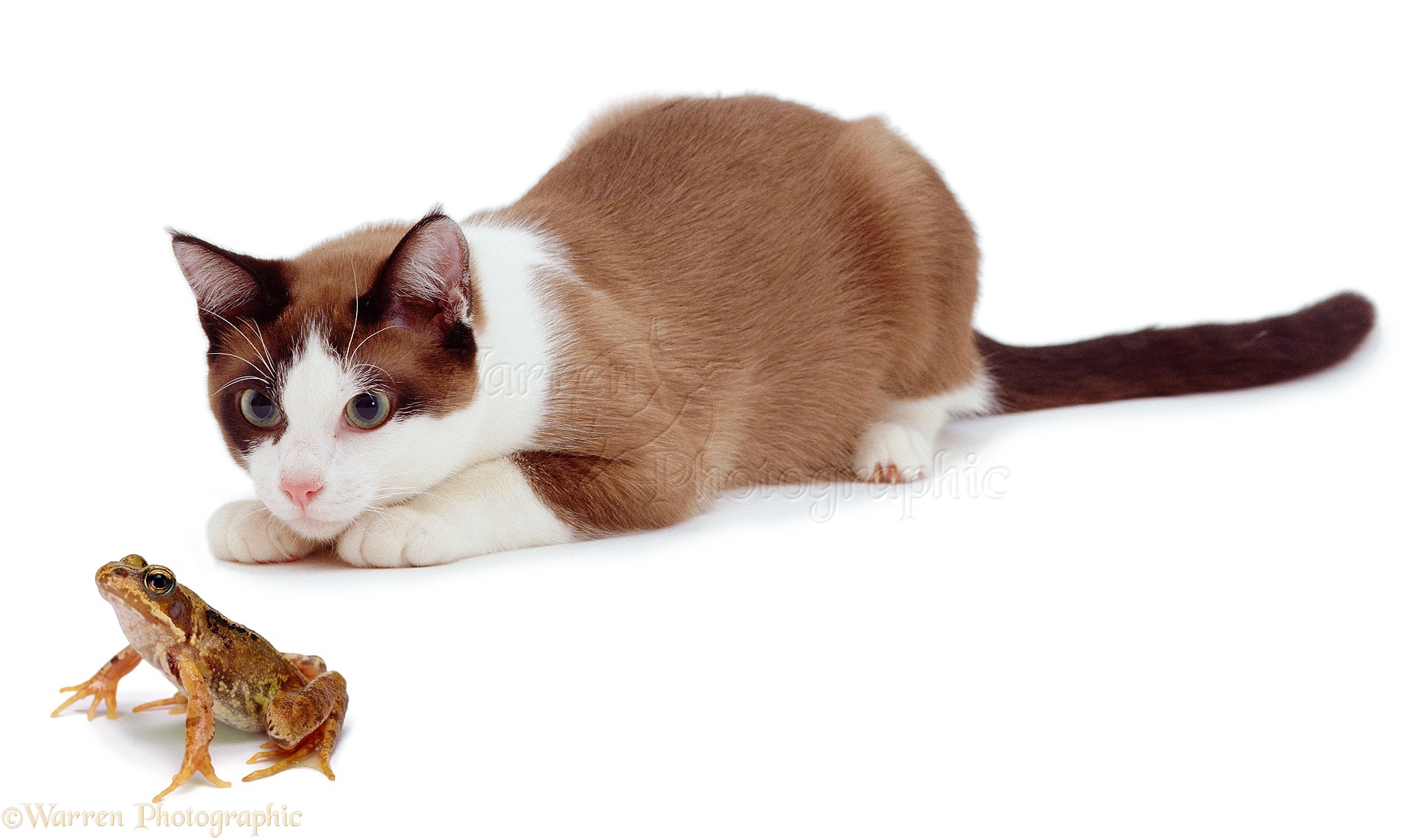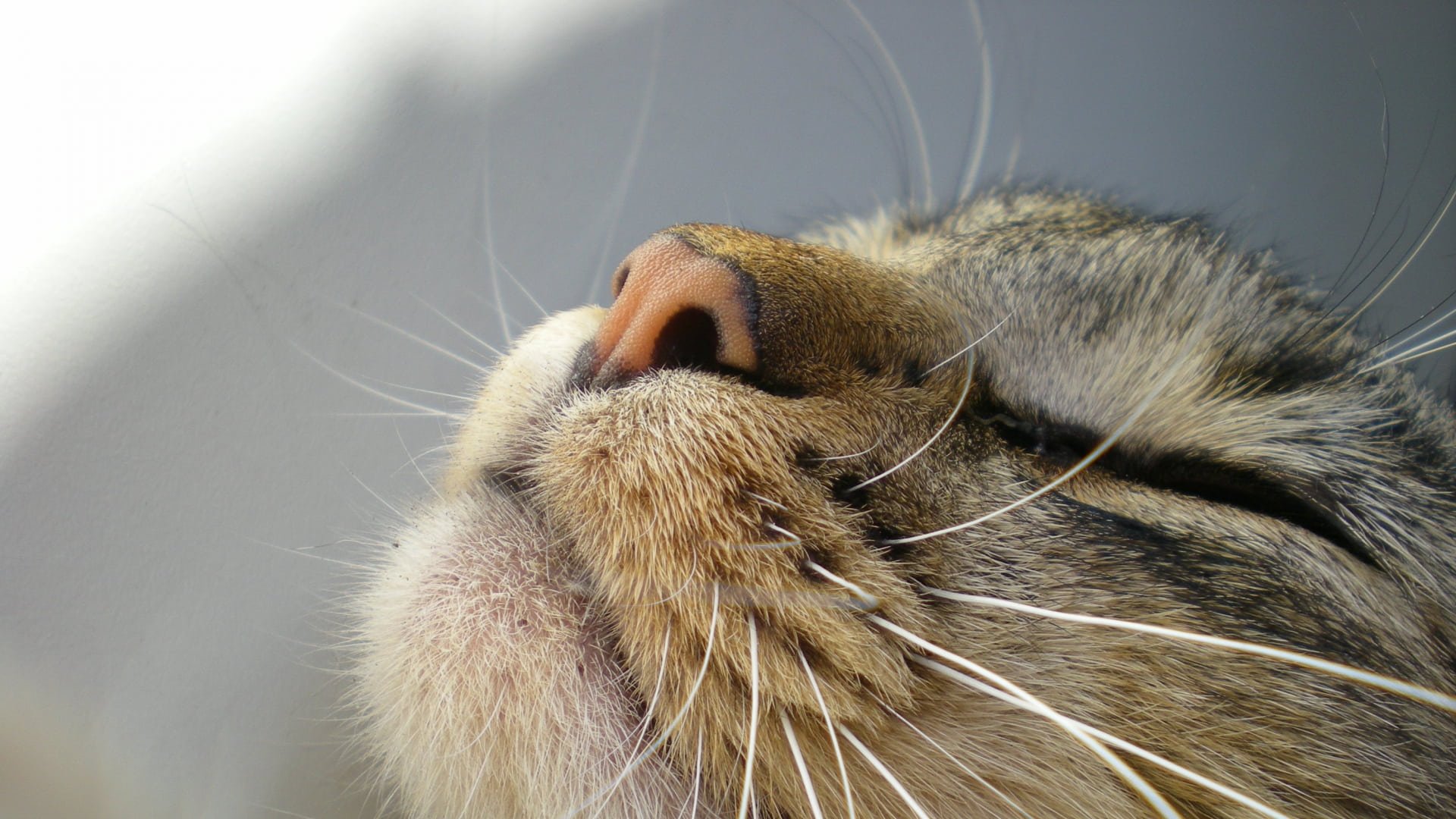
Image Source flickr.com
Cats and Frogs: A Natural Instinct or a Mere Myth?
When it comes to our feline friends, their curious nature and hunting instincts often lead us to ponder what they might consider a suitable meal. As cat owners, one question that frequently crosses our minds is, “Will cats eat frogs?” In this article, we delve into this intriguing topic to uncover the truth about whether cats see frogs as potential prey or regard them with indifference.
The Predatory Behavior of Cats: Evolution at Play
To understand why cats may or may not be inclined to eat frogs, it’s crucial to examine their predatory behavior through the lens of evolution. As descendants of wild feline predators, domestic cats retain many of their ancestors’ hunting instincts. These instincts drive them to stalk, pounce, and capture their prey.
Despite centuries of domestication, cats’ hunting behavior remains deeply ingrained. Even well-fed cats often exhibit hunting behaviors, such as chasing and catching small animals or insects, as a form of exercise and mental stimulation. Hence, it’s reasonable to question whether frogs fall within the scope of their hunting preferences.

Image Source www.warrenphotographic.co.uk
Are Cats Attracted to Frogs? It’s All About the Senses
When determining whether cats are likely to eat frogs, we need to consider how our feline friends perceive their environment. Cats rely heavily on their senses, which play a crucial role in their hunting strategies.
Sight: Cats possess remarkable visual acuity, allowing them to spot small movements even in dim lighting. Their eyes are particularly sensitive to motion, making them adept at detecting potential prey. However, frogs’ relatively still behavior may not be as enticing to cats compared to more active targets.
Hearing: Feline ears are finely tuned to detect high-frequency sounds, ideal for locating small creatures like rodents and birds. However, frogs tend to emit low-pitched croaks, which might not capture a cat’s attention in the same way.
Smell: Cats possess a highly developed sense of smell, enabling them to detect scents imperceptible to humans. While frogs excrete certain odors as a defense mechanism, it’s uncertain whether cats find these odors attractive or repelling.

Image Source purrfectlove.net
Factors Affecting a Cat’s Decision to Eat Frogs
Although cats have hunting instincts and senses that might detect frogs, several factors influence their decision to consume these amphibious creatures. It’s essential to consider these factors to gain a clearer understanding of the likelihood of frogs appearing on a cat’s menu.
Environment and Accessibility: Cats primarily hunt creatures they encounter in their immediate environment. For indoor cats, the chances of encountering frogs are significantly lower than for their outdoor counterparts.
Previous Experiences: A cat’s past encounters with frogs can shape both their perception and inclination to eat them. A negative experience, such as encountering a toxic frog, may deter a cat from future frog-related encounters.
Instinct versus Domestication: While cats possess natural instincts, domestication has influenced their hunting behavior. Cats may prioritize the food humans provide over hunting for prey, especially if well-fed.
Conclusion: Understanding Cats’ Fascinating Palate
In conclusion, the question of whether cats will eat frogs is not a definitive yes or no. While cats retain their predatory instincts, the decision to consume frogs depends on various factors such as environment, past experiences, and their domestication status. As responsible pet owners, it’s essential to create a safe and enriching environment for our feline companions, minimizing encounters with potentially harmful prey. So the next time you see your cat eyeing a frog, observe their behavior, and remember their fascinating journey from the wild to becoming our beloved pets.